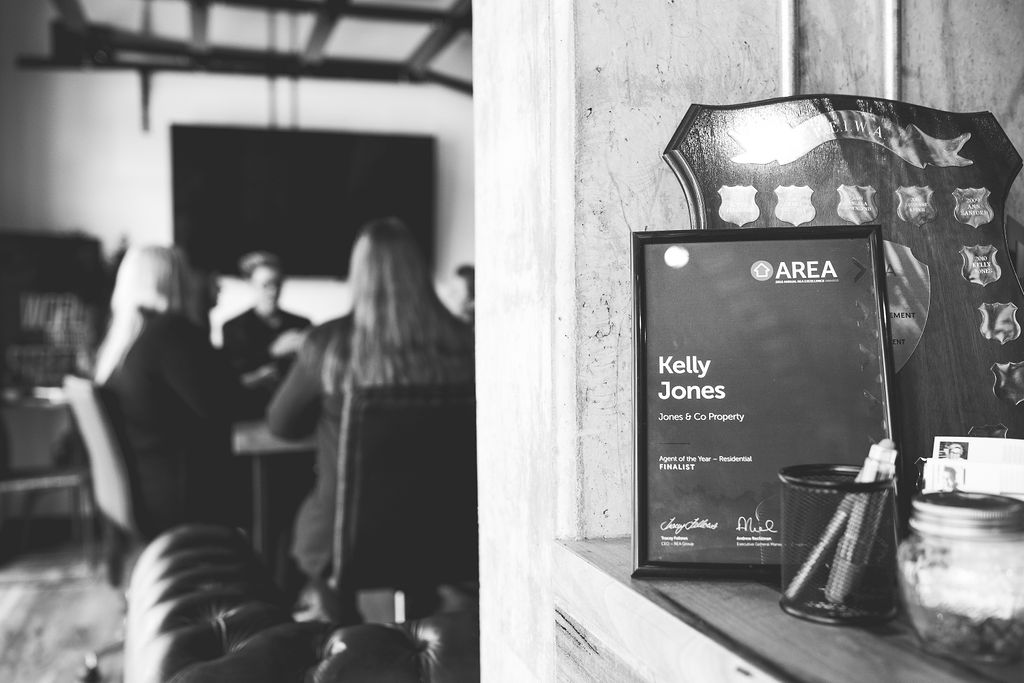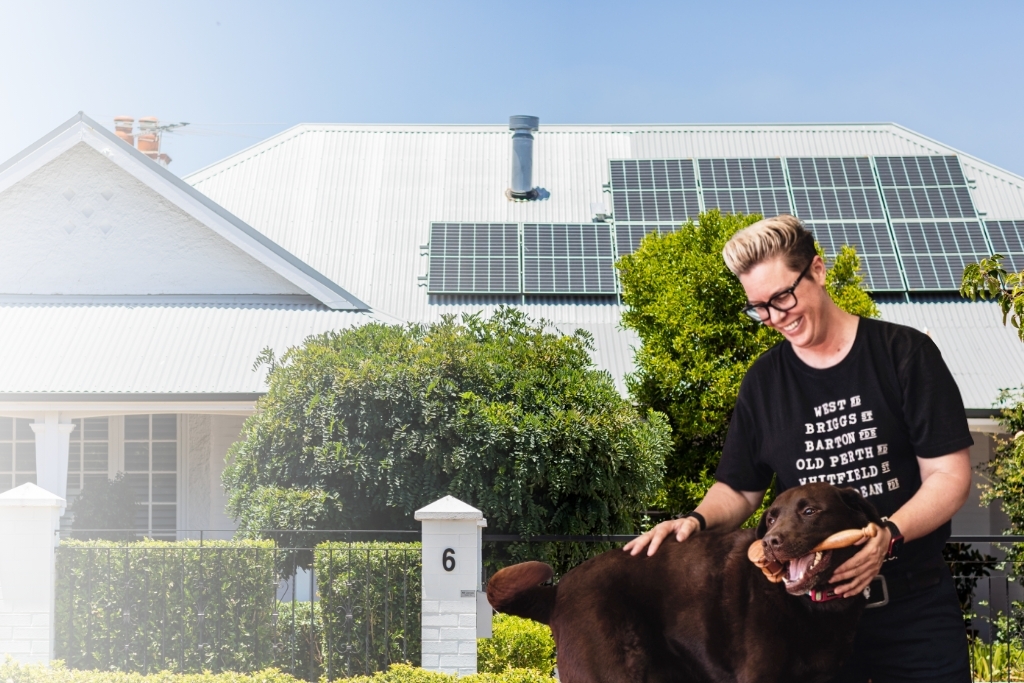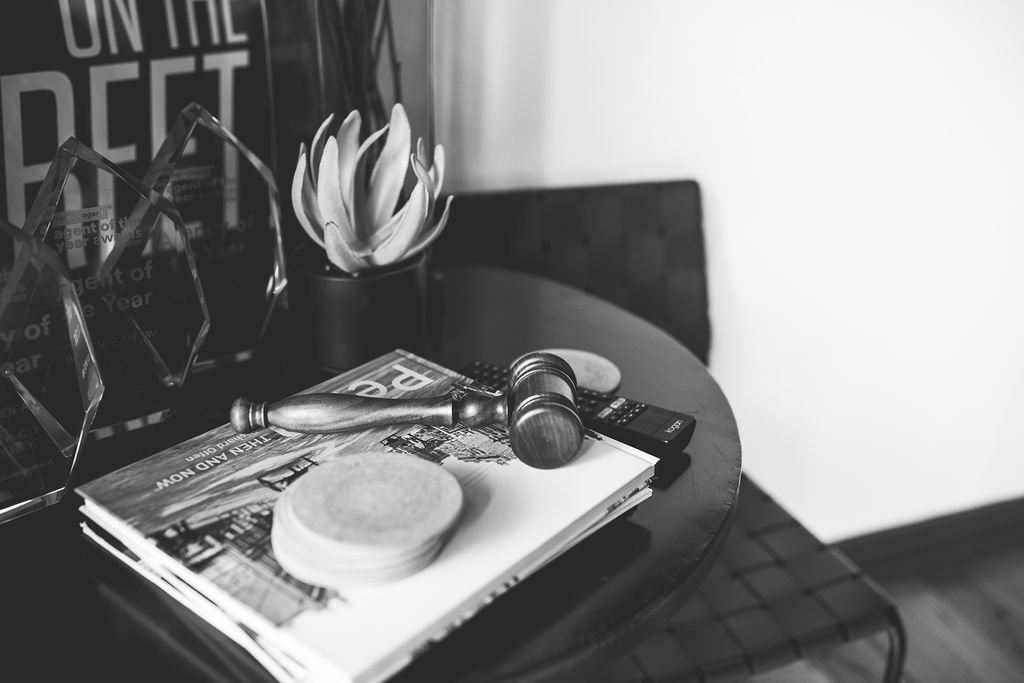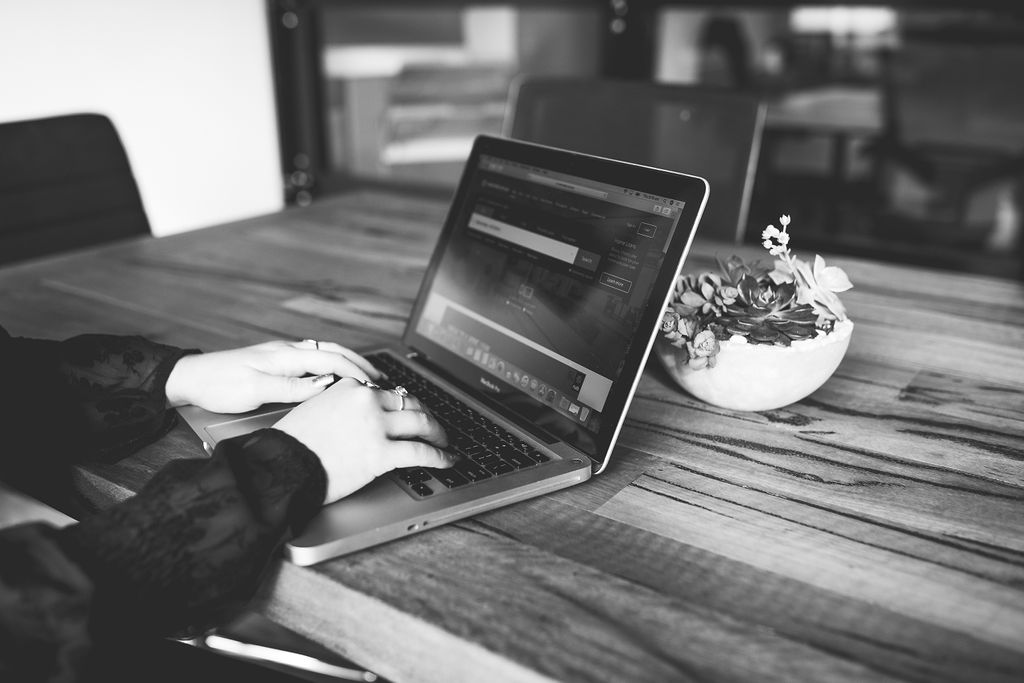With interest rates at record lows and fierce competition for rental properties, many long-term tenants are thinking the time is right to take the homeownership plunge.
Jones and Co director Kelly Jones said she was finding an increasing number of tenants were comparing what they were currently spending on rent with mortgage repayments and were surprised to find there wasn’t much difference.
According to Bankwest, potential homeowners need a deposit of at least 20 per cent of the property purchase price. And the lender says be prepared for the other upfront costs of buying a home, like stamp duty, home insurance and inspections.
If you can’t afford to buy a property in the area you ultimately want to live in, then “rentvesting” is an option. This involves living in a rental property while buying an investment property in an affordable but sought-after area.
Kelly said this was often an attractive option because it meant the rental income could be put towards home loan repayments.
She said it was alternative way to start climbing the property ladder, but “rentvesting” wasn’t for everyone. And it was important to consider the tax implications of having a rental income.
“Finding an experienced property manager and agent is crucial to executing this sort of plan,” Kelly said.
“It’s also worth noting though that there are ongoing costs involved in buying a home that tenants don’t need to worry about such as council rates, land tax, strata fees and maintenance.
“But the great positive is that buying your own home means you have the freedom to make changes to it and you no longer need permission to hang a picture on the wall.”
Get the latest property market updates and listings for your neighbourhood.
No sales calls, just the latest property info straight to your inbox.



